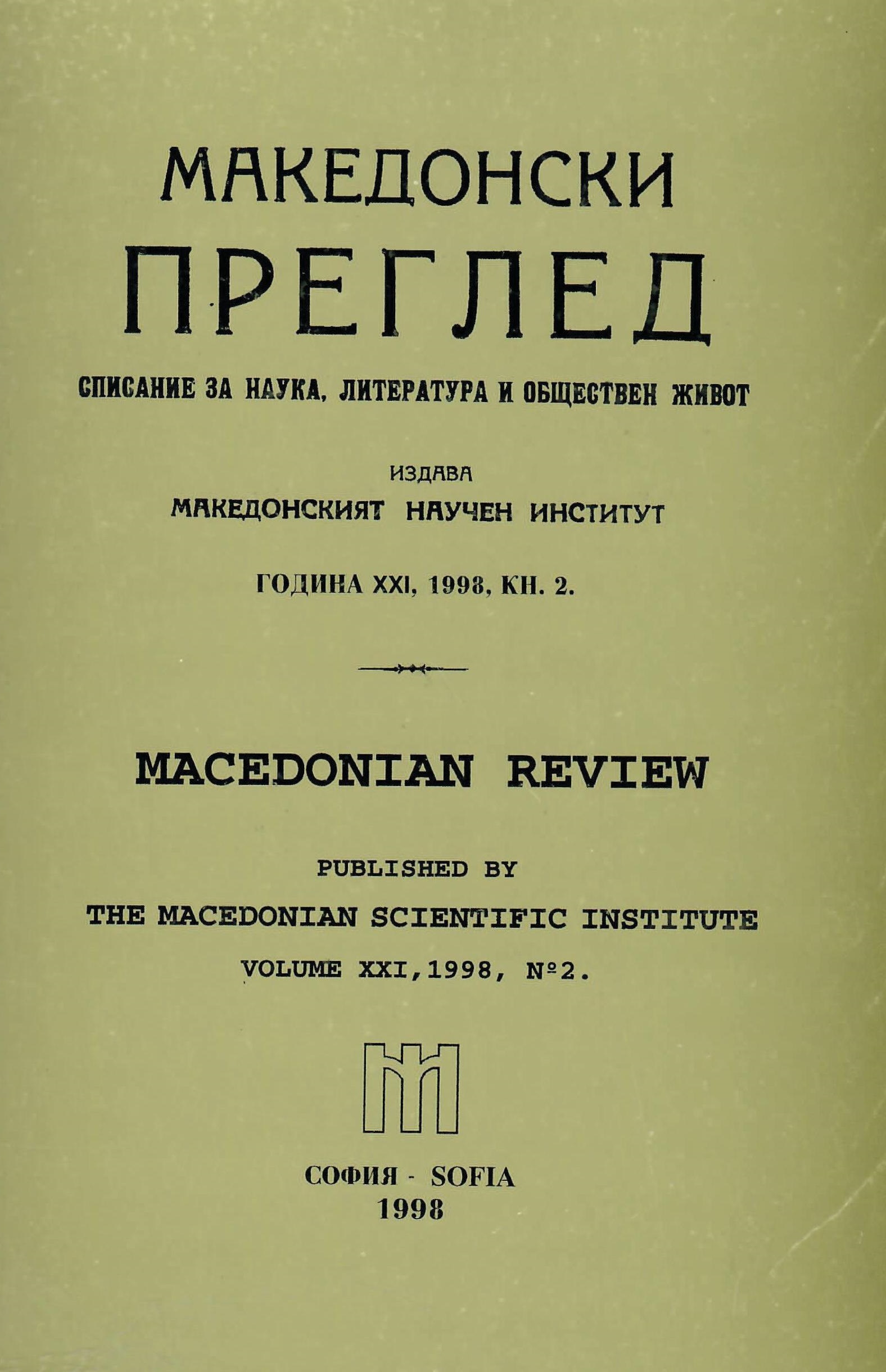Двоичните имена (Nomina mota) в славянските езици (с особен оглед към български език)
Pair nouns (Nomina mota) in the slav languages (with a particular view to the Вulgarian language)
Author(s): Ivan Kochev, Ivan Yustinianov Kochev, Liliqna DomuschievaSubject(s): History, Language studies, Language and Literature Studies, Theoretical Linguistics, Ethnohistory, History of ideas, Local History / Microhistory, Comparative Linguistics, Western Slavic Languages, Eastern Slavic Languages, South Slavic Languages
Published by: Македонски научен институт
Keywords: Macedonia; Bulgaria; History;
Summary/Abstract: On the basis of a rich comparative material from the Slav languages the essential noun forming models in the category presented by gender couples, have been established: 1. The most widely spread is the model, where the masculine form is transformed as a basis, to whish is attached the feminine formant, for instance the cases with suffices: - in Bulgarian and Polish (приятел - приятелка; przyjaciel - przyjaciotka)', -ица/ -ница прщател>-прщател>ица, приятель приятельница in Serbian and Russian). Besides, a diversity of the cases may appear connected with the competition of the suffices, compare with Czeck (pfitelnice - pfitelkyne). Basic suffix for feminine formations in all Slav languages is -ka (with its extended suffices).
Journal: Македонски преглед
- Issue Year: 1998
- Issue No: 2
- Page Range: 81-96
- Page Count: 16
- Language: Bulgarian
- Content File-PDF

